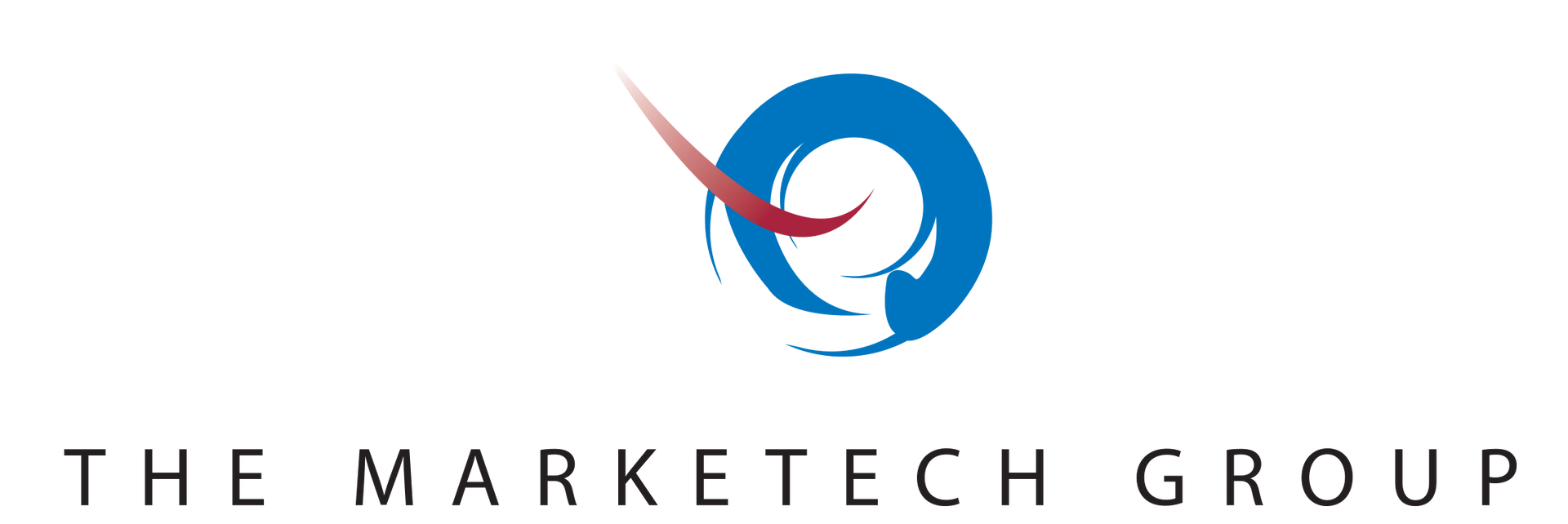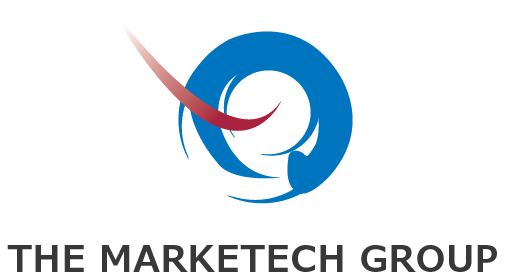Newest Developments for Market Research in Pharmaceutical Industry
Share this article:
Written by: The Marketech Group

As rapidly as technological innovations are being developed in the 21st century, it should be no surprise that market research in pharma industry sectors is changing as well. Pharma organizations need to stay up-to-date and ahead of the curve on new market research methodologies, so they don't get left behind.
The Evolving Landscape of Market Research in Pharma Industry
Artificial intelligence (AI) and machine learning are allowing pharmaceutical companies to analyze vast amounts of data much more quickly and efficiently than in previous years. Data can be gathered faster thanks to digital platforms, and on a global scale. Direct stakeholders can be tapped into for both rational and emotional reactions to pharmaceutical needs and development. Market research is allowing the industry to develop better, faster, and more accurate pharmaceutical solutions. As a result, drug development is now possible at a faster pace, coupled with reduced costs and improved market access.
Crucial Role of Market Research in Pharmaceutical Industry for Success
Without insights into patient needs, market demands, and the competitive landscape, the pharma industry would be flying blind when it comes to R&D. Market research leads directly to more informed decision-making throughout the R&D, product launch, outreach, and post-launch processes. You will know that a new pharmaceutical product has achieved success when both patient and provider needs have been met while achieving profitable viability.
Market research allows the pharma industry to determine the following crucial information throughout the development process:
- Product development guidance
- Identifying market gaps
- Analyzing potential competitors
- Market size estimation
- Patient feedback
- Provider feedback
- Regulatory limitations and compliance
Current Trends and Innovations in Pharma Market Research
Trends in Pharmaceutical Market Analysis
Companies are taking a more patient-centric approach to market analysis in the pharma industry. Patients are the ultimate stakeholder in the process and the goal is to produce products that help them enjoy a better quality of life. Utilizing focus groups to gauge patient needs early in the research process should guide efforts.
Product development and innovation have become more rapid than ever before. Implementation of AI-assisted data gathering and analysis has shortened timeframes between identifying a patient's needs and product deployment.
Commercialization strategies are also shifting, which play a large role in a pharma product's success or failure. Voice of customer (VOC) research is becoming more vital as companies are deciding when and how to launch, in which geographic regions to launch, and which demographics should be targeted for maximum sales impact.
As the pharma industry becomes more rapid in deploying products, regulatory changes are impacting the marketplace. Changes can increase or decrease the cost of R&D, or even slow the pace of innovation in the industry. Regulatory changes are never static, so being able to predict potential shifts can give companies an edge in the marketplace.
Leveraging AI and Big Data in Pharmaceutical Market Research
AI is definitely one of the biggest innovations in pharmaceutical market research. It can play a role in predicting how pharmaceutical compounds will interact with patients, even before clinical trials begin on a new product. This is already resulting in improved efficacy of pharma products and better safety profiles very early in the process. This is more on the R&D side, however.

Advanced market research techniques allow companies to compile large amounts of data--"Big Data"--that then needs to be collated and analyzed. This is a process that can take weeks, months, or years for human researchers, depending on the volume of data collected. AI can be implemented to sort, analyze, and collate data, and even make predictions based on market research if given adequate input. Advanced AI also reduces the risk of errors in data collection while ultimately reducing the time and costs associated with development.
Future of Market Research: What’s Next for the Pharmaceutical Industry?
The future of market research in the pharma industry is likely to continue leaning heavily on AI and machine learning. Eventually, DNA analysis may be added to the mix, which will then allow for increasingly personalized medical research. Using genetic profiles and medical history, pharmaceutical development in the near future could involve highly specific medical innovations for very specific patient populations.
Advanced data analytics platforms will eventually allow real-time analysis of the marketplace, including the adjustment of pricing strategies and marketing strategies based on patient profiles. Wearable devices are already beginning to provide data on the behaviors of patients and potential end users. Algorithms are also improving at market segmentation, which will soon allow improved targeting of marketing campaigns to demographic groups.
Partner with The MarkeTech Group for Cutting-Edge Pharmaceutical Market Research
The MarkeTech Group is a global leader in qualitative and quantitative research for the medical and pharmaceutical industries. We are one of the most proficient Voice of Customer (VOC) researchers in the world and we combine that with focus groups that involve direct stakeholders in the pharma development process. Helping our partners identify the needs of patients and providers has positioned us as an industry leader when it comes to advanced market research for the Pharma, Life Sciences, Medical Imaging, In Vitro Diagnostics, Medical Informatics and AI, and Medical Device sectors.
If you have any questions about The MarkeTech Group's research methodologies or how we can help with your marketing strategies from start to finish, Contact Us to speak with one of our medical research marketing experts. When you are ready to Submit a Request for Proposal (RFP), we encourage you to choose The MarkeTech Group as your partner in market research in the pharma industry.




